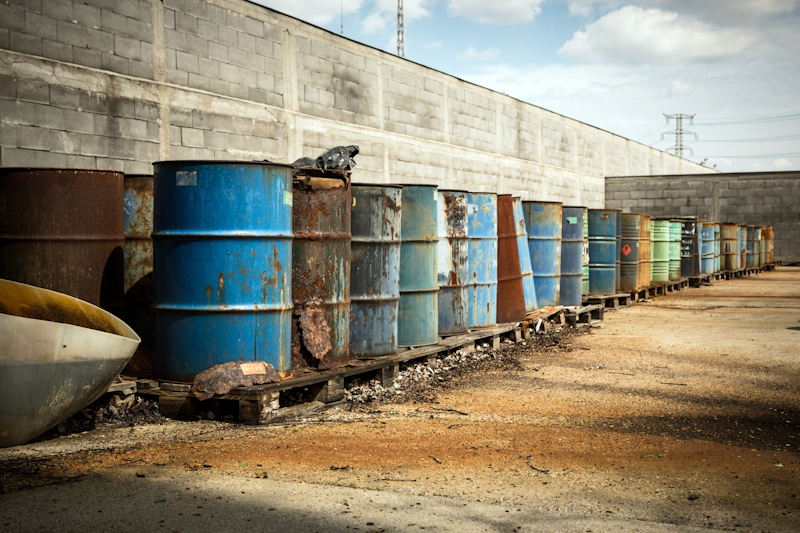Unveiling the Hidden Potential of Ordinary Industrial Waste through Innovative Recovery Solutions
Ordinary industrial waste: focus on their recovery
Is it possible to achieve zero waste in Texas?
Ordinary industrial waste: how to recycle it
Ordinary industrial waste (DIB) is household waste produced by individuals and resulting from professional activities. This is waste that is neither inert nor dangerous. This concerns cardboard, scrap metal, glass, textiles and even wood. And when there are many of them, it is necessary to carry out individualized treatments before recycling it.
Things to know about industrial waste
In general, if we add industrial waste to household waste, each person in Texas produces up to 9 tons of waste per year. This statistic comes from the report intended for the Texas Commission on Environmental Quality on waste in Texas in 2021. You should know that ordinary industrial waste is comparable to so-called household waste. They are present in all professional activities. They can be in the form of office waste such as paper, computer equipment, furniture or various equipment.
There is also corporate catering waste such as organic waste from catering. Finally, DIBs can also be composed of production and maintenance waste: wood, glass, scrap metal, etc. Furthermore, it should be noted that they are dangerous due to their excessive proliferation, the treatment problem that they generate and the quantities of resources they consume in Texas, in cities such a Plano. To treat them, we proceed as for household waste. They can therefore be sorted, recycled and recovered.
Some waste magement laws about this type of waste
The regulations in force in Texas prohibit the deposit and burning of this type of waste. Moreover, those who decide to destroy this waste using an individual incinerator will be punished. In addition to this, an article of the environmental code also requires that all approaches put in place to eliminate ordinary waste be environmentally friendly. Please note that only authorized installations can contain DIBs.
The technical means used to manage this waste
Garbage management begins with a diagnosis aimed at taking inventory of waste. The objective is simple, it is to know the nature of these DIBs as well as their quantity. Once this is done, it is necessary to proceed with its management. To do this, several methods of valorization exist. There is waste sorted by a specialized company which will be sent to a recovery channel. As for waste that can be recovered or not, they are sorted separately.
Effective solutions to better manage a company’s waste
It is important to consider other possible approaches to better manage DIBs. These must be durable and efficient. For this, the ideal solution is to entrust the work to a junk disposal professional. Moreover, some companies offer adapted services. Their missions consist of providing society with adequate tools to condition waste.
These professionals can also ensure the treatment of waste using different tools such as waste skips, vehicles, handling equipment, sorting lines, transformation units, etc. They can also ensure the optimization of DIB’s logistics flows. On-site support with a qualified team is also possible for the treatment and sorting of this waste.
In short, like any other waste, it is essential to get rid of DIB to make space and above all, to live in a healthy environment. There are different ways to do this. You can sort them, recycle them and even revalue them if some of them have value. To better manage them, you can contact the company Dumpster Rental Near Me Plano to rent skips that can accommodate the waste.

